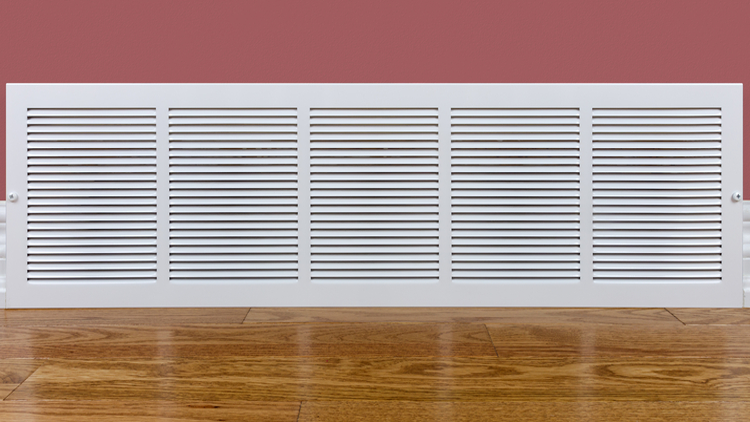When you’re building, buying or remodeling a new home, it’s important to know the pros and cons of different flooring types. Every type of flooring is different, so determining the flooring that’s right for your needs takes research.
Tile
Tile is easy to maintain and highly durable. It’s the material of choice in high-moisture rooms like the kitchen and bathroom, where the flooring must be waterproof to resist splashes from nearby sinks.
Advantages:
- Tile comes in endless colors and can even come in different textures or may be made from natural materials like stone. Homeowners who choose to install tile in their homes have almost limitless options.
- Many types of tile are able to resist breaking and cracking.
Disadvantages:
- The grout between tiles can become stained and difficult to clean.
- Some natural types of tile, like marble or granite, need to be resealed on a regular basis in order to improve the water resistance of the material.
Carpet
Carpet is warm and soft. It’s also good for cushioning a fall, which makes this type of flooring excellent for families with young children and seniors.
Advantages:
- Carpet comes in a wide variety of colors and weaves, to meet the needs of nearly all homeowners.
- This material muffles noise, which allows people to move about the house without making noise.
- Carpet is comfortable to stand on for longer periods of time.
Disadvantages:
- Carpet must be cleaned on a regular basis or it will become stained.
- High traffic areas may need to be covered with rugs or plastic runners to prevent permanent damage.
- In homes with small children and pets, carpet may need to be replaced on a regular basis.
Hardwood
Hardwood is natural, beautiful and desirable. This durable, long-lasting material can endure for decades, if cared for properly.
Advantages:
- Hardwood floors are currently popular in the market, which makes them an asset if your home ever goes on the market.
- Hardwood floors are durable and can be refinished when scratched or damaged.
- Hardwood comes in different types and can be stained to match nearly any homeowner preference.
Disadvantages:
- Some hardwood floors are easily scratched by pet claws, hard furniture and everyday traffic.
- Homeowners must periodically refinish hardwood floors to keep them looking their best.
- Hardwood can be loud, echoing footsteps and noises from hard heels.
Laminate
Laminate flooring is durable, long-lasting and relatively easy to maintain. This makes laminate flooring an excellent alternative to natural hardwood.
Advantages:
- Laminate is protected by an extremely durable clear protective layer that is difficult to scratch.
- Laminate floors almost never need to be protected by rugs to maintain their good looks.
Disadvantages:
- Floors that do become scratched cannot be refinished. Laminate is not easily repaired.
- Like hardwood floors, laminate flooring can be loud when walked upon in shoes.
Cork
Cork is an all natural, sustainable material. In appearance, it’s patterned and pitted, similar to the cork that is used to stop bottles.
Advantages:
- Cork is soft and easy on the feet, similar to carpet.
- This material is “self healing,” which means that many scratches and indentations will fade away with time.
Disadvantages:
- Cork must be resealed periodically to maintain their waterproof quality.
- Similar to hardwood, cork can expand and contract with the weather.
Explore Different Materials at Length Before Renovating
If you’re a homeowner who is considering installing new flooring options in your home, do your research and visit a variety of flooring showrooms before making your final decision. Seeing, touching and researching all the different flooring options will help you decide what is right for your needs.

